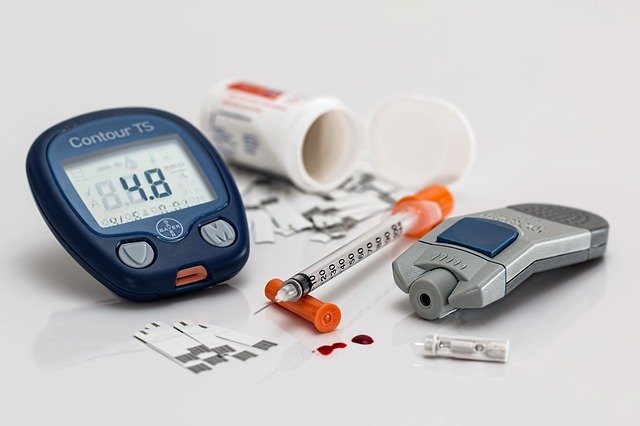Common Diabetes Side Effects and How to Get Help
Diabetes is a disorder where your body cannot maintain its blood glucose levels using the insulin in your body. This disorder has many different side effects that can range in severity. When diabetes is left untreated, it can cause a wide variety of other diseases in your body. You will want to make sure that when you have diabetes, that you follow your doctor’s instructions to ensure that you are maintaining your diabetes to the best of your ability. Here are 5 common diabetes side effects, as well as how to get help.
-
Gum Disease
When you have uncontrolled diabetes, there is a high level of glucose in your saliva. This can help bacteria to grow, which can cause gum disease, including gingivitis, periodontitis, and candidiasis. To ensure that this does not happen, you will need to manage your diabetes well. Furthermore, oral diabetes care management consists of making sure to perform daily oral hygiene, such as flossing and brushing. This includes brushing your teeth and flossing twice a day. You will also want to find a dentist in your area by searching for the best dentist in Cary NC, or your current location, and visit them at least twice a year. More often if you do develop gum disease.
-
Fatigue
Fatigue is often a common side effect of diabetes. This can make even the most simple tasks more difficult for you. This can lead to your motivation declining and can even lead to depression and a weakening immune system. Many people think that extra sleep will help, but oftentimes, it does not make you feel better. You may experience mood swings and a change in your personality. To avoid fatigue, you will want to manage your diabetes and speak with your doctor about this side effect.
-
Stroke
When you are a diabetic, you are at an increased risk of suffering from a stroke. There are several things that may cause you to have a stroke. One is called endothelial dysfunction. This is where there is damage and inflammation to your arteries. When this happens, your arteries are not healthy, and it can increase the build-up of plaque. When you have inflexible arteries and thick plaque that builds up, you are at a higher risk of developing a blood clot or blockage. Another thing that increases your risk of stroke is that people with diabetes have a larger risk of high blood pressure. High blood pressure can greatly increase your risk of stroke. To reduce the chances of having a stroke, you will want to do all that you can to manage your diabetes.
-
Nerve Damage
When you have untreated diabetes, it can cause a wide variety of nerve disorders. You may have a disorder called peripheral neuropathy. This causes numbness, pain, and decreased sensation in the feet and hands. Nerves that regulate blood pressure control, digestion, and the bladder can all be damaged. It is estimated that 70% of people who have diabetes will have some form of nerve damage in their life. This is why it is so important to manage your diabetes well.
-
Vision Impairment
Diabetes can affect the eyes. The two conditions that may be causes are diabetic retinopathy and diabetic macular edema. With diabetic retinopathy, you can experience vision impairment. With diabetic macular edema (DME), you will experience swelling around the retina. It is imperative that a diabetic have yearly eye exams to rule out any of these issues. Proper diabetes management can help you to avoid these issues, but in some cases, you will still have them. If so, quick treatment can help to prevent long-term issues.
Conclusion
If you have been diagnosed with diabetes, you will want to make sure that you follow all of the treatment recommendations that your doctor has told you. This will include medications and various lifestyle changes. If you do not follow these, you are at risk for severe side effects from diabetes.







